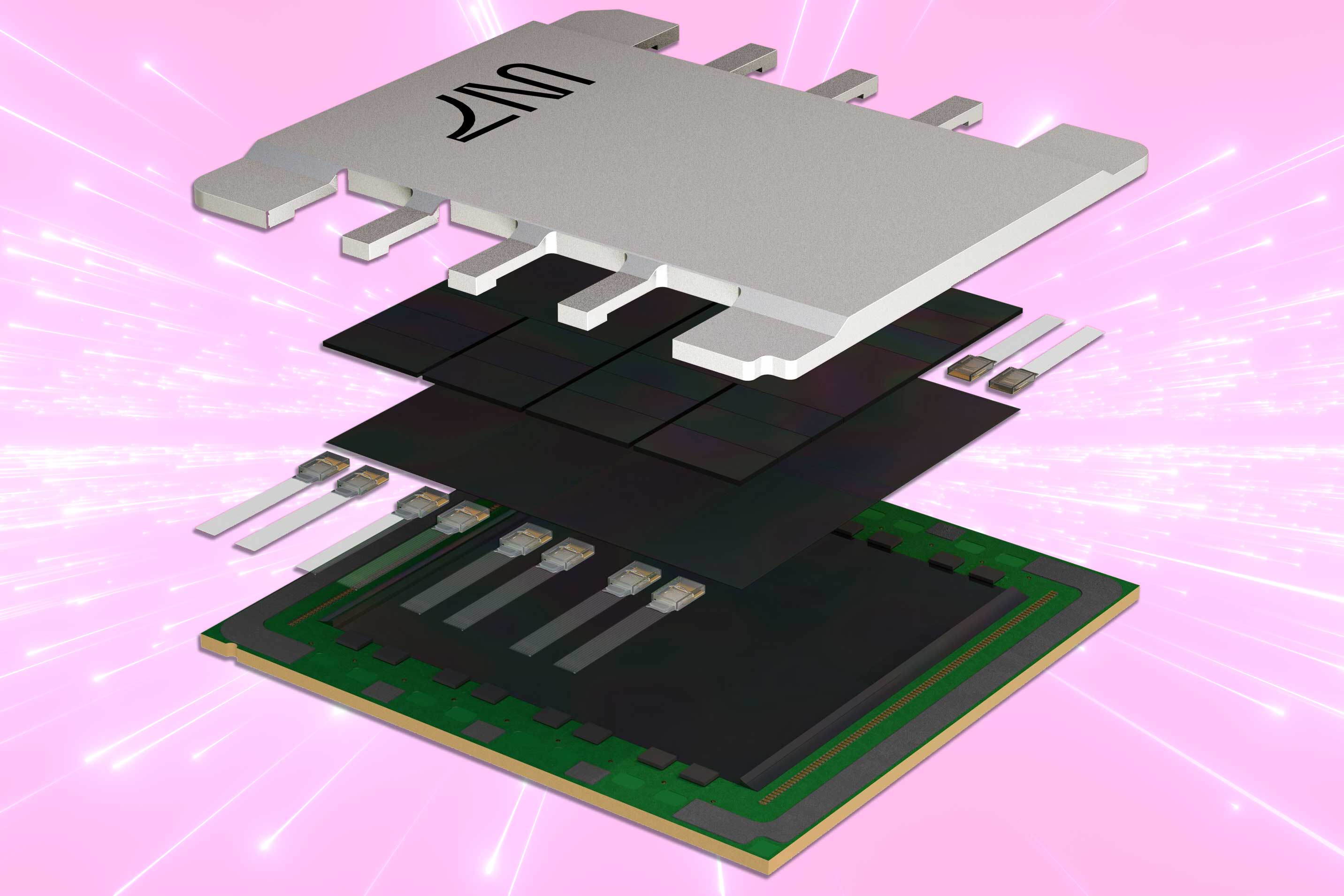PARIS – The quest for enhanced space-based computing and data storage is extending to lunar missions.
Skycorp announced plans Sept. 12 to send a commercial solid-state drive from Taiwan-based Phison Electronics Corp. to the moon next year.
Ramon.Space unveiled plans Sept. 7 to provide computing technology for a lander being developed for Israel’s Beresheet 2 lunar mission scheduled for 2025.
Like missions in low-Earth and geostationary orbit, deep space missions will require extensive computing capability. Still, companies are reluctant to adopt technology without space heritage.
“We are breaking through that wall,” Dennis Wingo, CEO of California-based Skycorp, told SpaceNews at the World Satellite Business Week conference here. “We hope to bring advanced computing and data storage technology into the space arena.”
Skycorp is currently testing Phison technology on its intelligent Space Systems Interface experiment on the International Space Station. The solid-state drive Skycorp plans to test on the moon, an upgraded version of the ISS drive, is designed to offer eight terabytes of data storage.
Skycorp plans to send the hard drive to the lunar south pole on LoneStar LLC’s data server demonstration slated to fly on an Intuitive Machines lander as part of the NASA Commercial Lunar Payload Services program.
Israeli companies Ramon.Space and Lulav Space are working together on the navigation system for the Beresheet 2 mission being developed by SpaceIL, another Israeli firm. Beresheet 2, the follow-on to the original Beresheet mission that crash landed on the moon in 2019, includes two small landers.
Lulav Space is relying on Ramon.Space’s radiation-hardened computer and digital signal processor for the landing sensor’s computer-vision system.
“An accurate, robust navigation sensor is critical to support lunar landings,” Noam Leiter, Lulav Space CEO, said in a statement. “We are thrilled to have been chosen by SpaceIL for the Beresheet 2 mission. By using Ramon.Space’s computing platform, we can develop our advanced algorithms easily, rapidly, and reliably to ensure the most accurate and detailed information and support this historic mission.”
Wingo, who also founded Skycorp, has been interested in improving space-based computing and storage for decades. He began testing spinning hard disk drives on NASA Space Shuttle flights in the 1990s, including a one gigabyte hard drive in 1992.
Lonestar announced plans in April to deploy a miniature proof-of-concept data center on the moon.
“Advanced compute is moving into space,” Wingo said. The test of the Phison hard drive “helps get that ball rolling,” he added.






